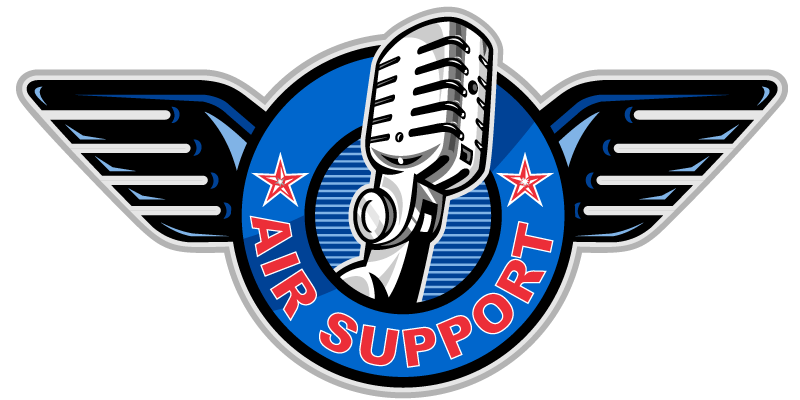Crazy Advertising Idea - Languages
Que faire si vos clients les plus précieux étaient françaises? Comment choisissez-vous les atteindre? Feel free to toss that phrase into Google Translate, because it’s what I’d like to talk with you about today.
We are lucky enough to live in a very diverse community. Each neighbourhood is made up of people with heritage from every continent. I think it makes Canada a better place to live. It also opens up an opportunity that is rarely used.
Have you ever heard a non-English language advertisement on a main stream English language radio station? It has happened very sporadically. But, to be honest, I haven’t heard it done. I have heard of it being used though, and it always seems to be a huge success.
So, how are we going to do this?
It isn’t for everyone. So, prospecting is very important. You need to know your audience. Not everybody will be qualified to succeed with this idea. Here’s a short list of businesses that can find huge success with this idea...
- Photographers specializing in Indian weddings.
- Schools that offer ESL training.
- Ethnic restaurants
- Realtors that speak another language.
- ANY professional that can speak another language.
If you’ve ever tried to have a serious conversation with someone who doesn’t fully understand your language, you’ll know how frustrating it can be. Imagine if you moved to China. You’d need to set up a new bank account. You’d need to buy or rent a new home. You’d need to set up utilities and so on. Every one of those conversations would be more difficult for you because of your local language skills. Now imagine if you could have any one of those conversations in your own language.
There is a big opportunity here.
Now, it’s time for the misnomers. Here are some of the negative responses that often come with this technique.
- Non-English speaking people listen to the “ethnic” station – Not true! They are like any of us. The “ethnic based” station may be on their list, but it is rarely the only station they listen to. Actually, when PPM came in to effect in the USA, ethnic language stations took a huge hit. Here’s why. When ratings was “survey based,” people would pick their “most listened to” stations with their hearts. Often this would mean a Spanish speaking person would list a Spanish speaking station higher on the list. This meant that those stations enjoyed inflated ratings. When PPM devices came into use, it eliminated the need for ratings based on recall. The device kept track of exactly what the person heard. When that technology came into effect, ethnic radio stations took a nose dive. That doesn’t mean they’re bad stations. It just means that “non-english” speaking people listen to popular music as much as anybody else does. Keep in mind, most people living in North America have some command of the English language as well. Don’t stereotype their listening habits. They tune in way more than you think.
- So why not just make an English language commercial directed at them – Sure, you could do that. But, I think you lose out on appeal. Remember who you’re trying to talk to. Speaking to them in their own language is a very quick way to gain their attention, and to garner an element of trust. There’s a comfort level in hearing, speaking, and conversing in your mother tongue. Most of us will never understand what it’s like to go through life in a society based on another language. It can become frustrating when you’re on vacation. Try doing it forever. Offer your prospective client a comfort of home. You’ll be more likely to connect to their hearts.
- My radio station won’t allow it – Some stations might be against running a “Non-English” language commercial. My advice would be to buy around these stations. Someone will be happy to take your business. You may also consider running a 15 second commercial instead. Your message will be very simple. It’s very possible to make an impact in a shorter amount of time.
It’s a very simple idea, that packs a very big punch. You need to be able to back your message up though. You need to walk the walk (or speak the language.) This idea basically comes down to trust and ease. Ease of communication is overlooked by us Anglophones. It is a very big deal, and should be treated as such. If you can make life easier for your customers, why would they say no? Make them say Oui, Si, Da, हां, 是, or نعم. You get the idea.
